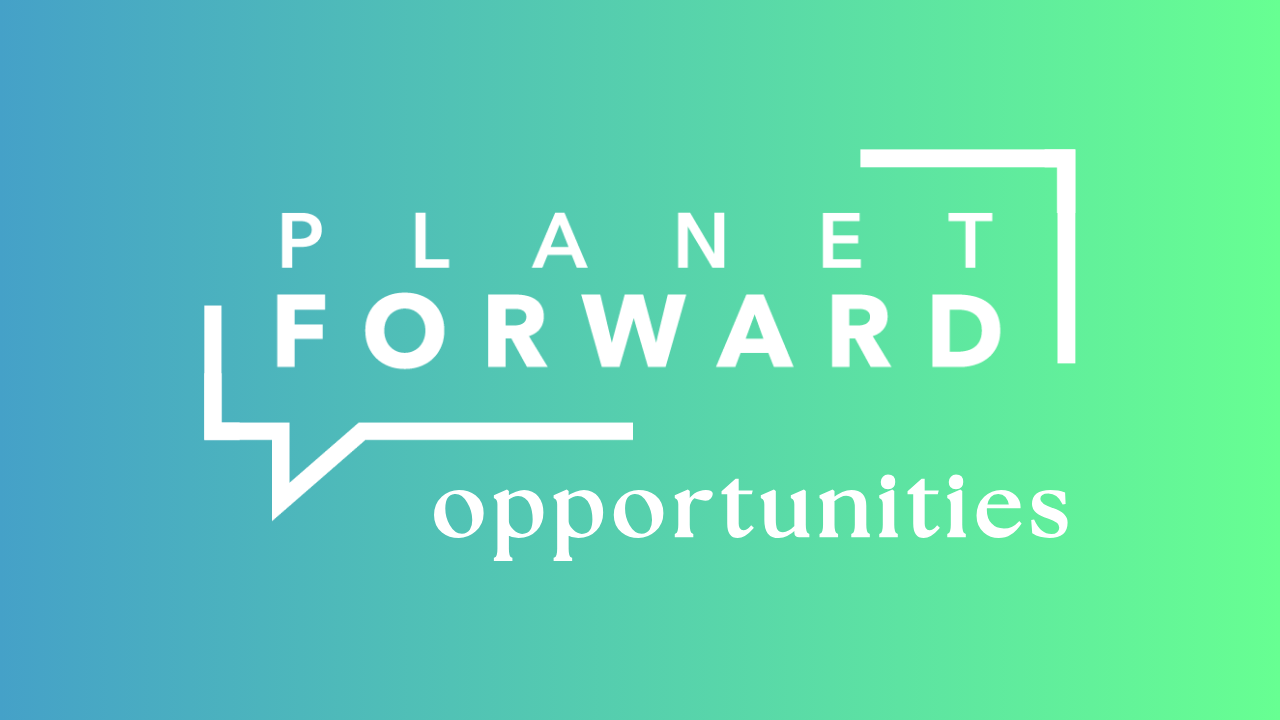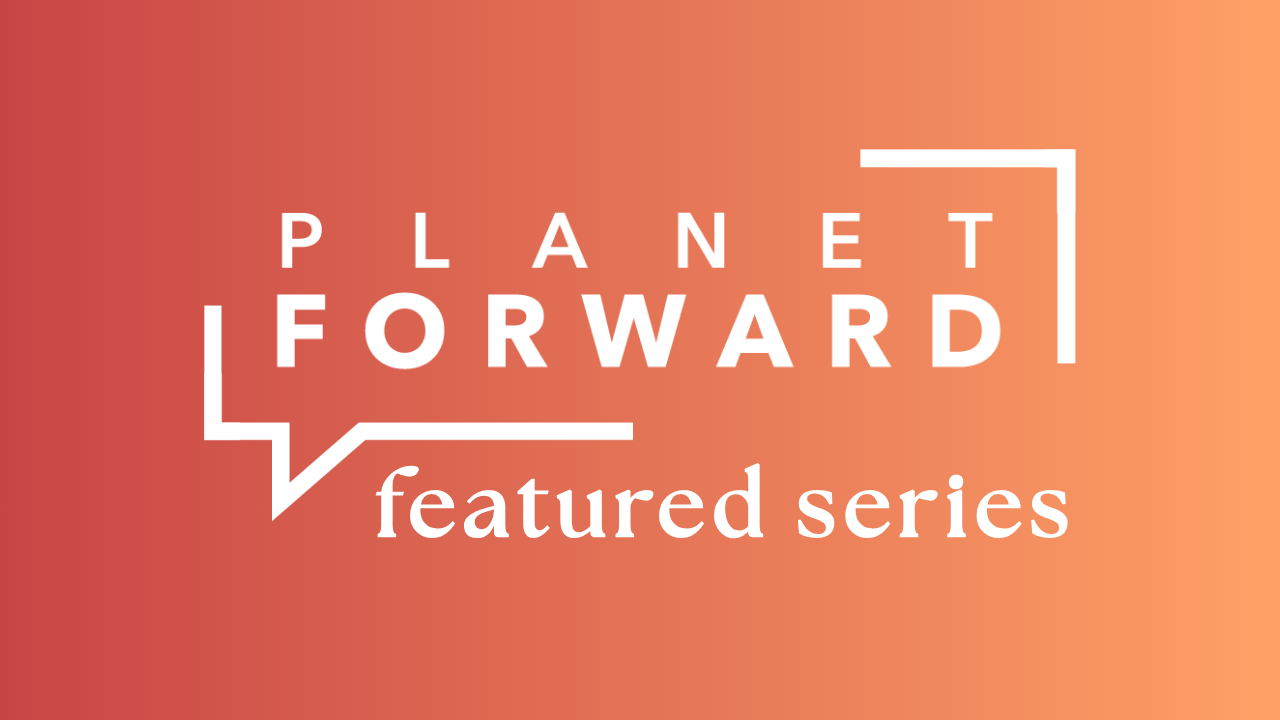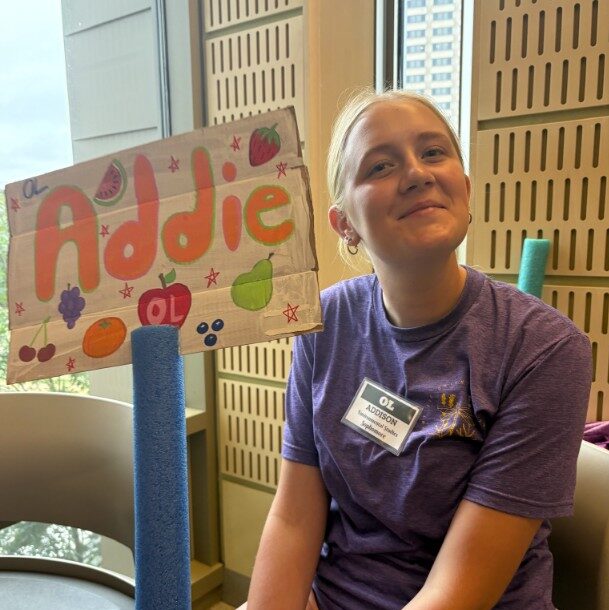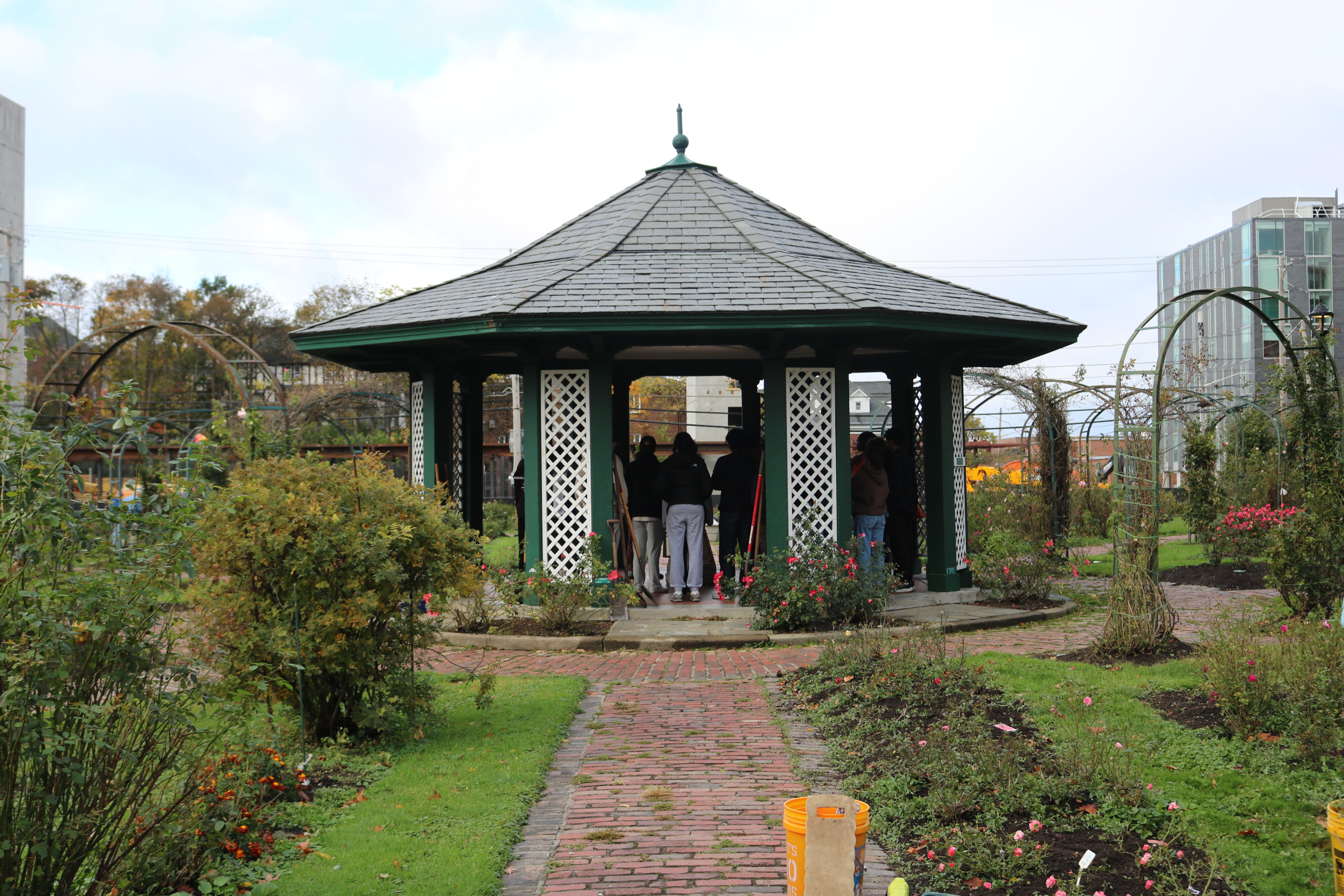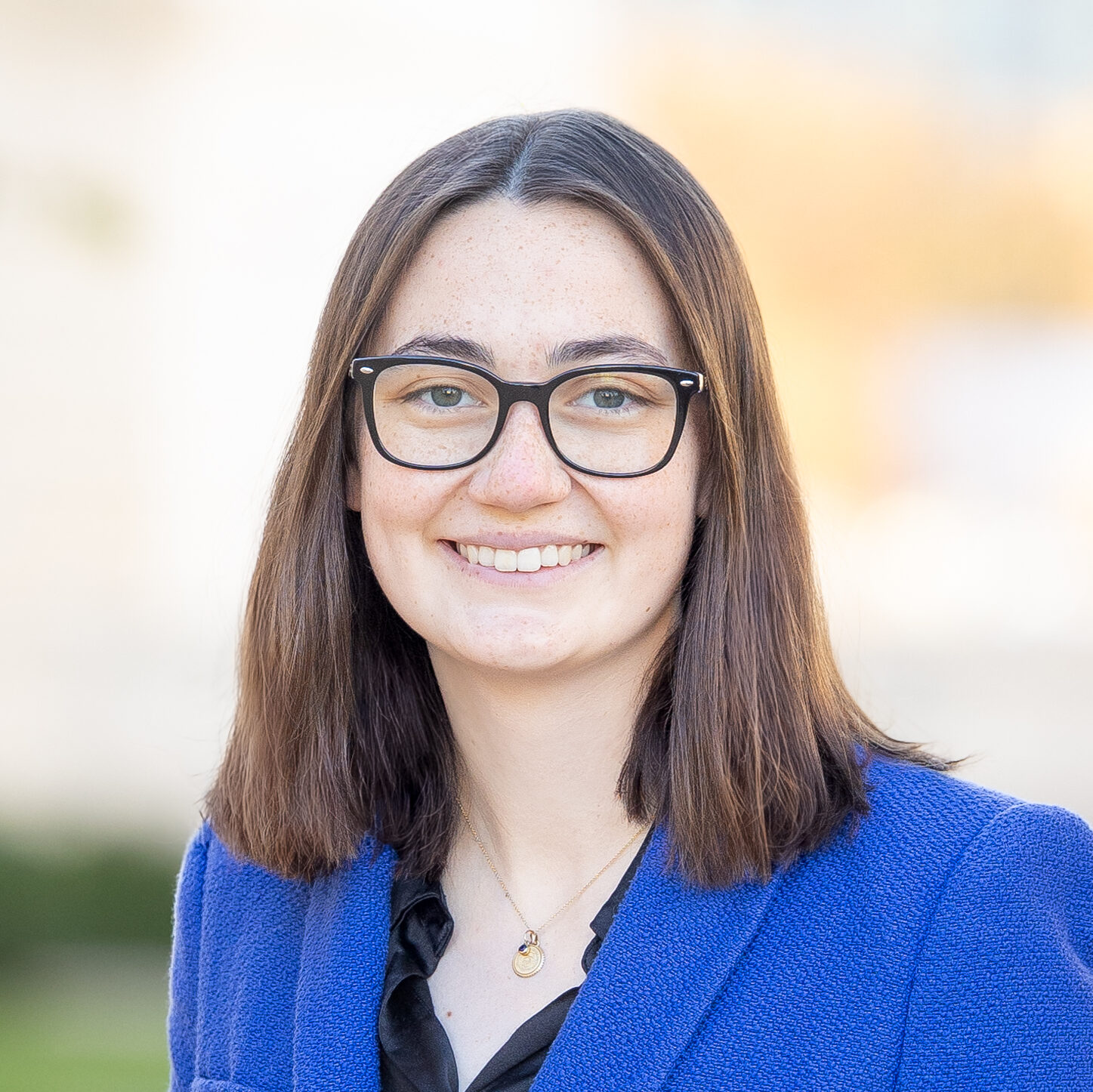A Community Solar Visionary
Solar power was considered a pipe dream for the average consumer. It was this magical, futuristic technology that was far too expensive and sophisticated to put in a typical residency. Solar was a halo technology used by the rich and famous as a token sign that they cared about the environment and had the resources to make a small impact.
How the times have changed.
A Changing Solar Landscape
Over the last 35 years the price of solar power has dropped at an astounding rate. In 1977 the price of a watt was $76.77 but the forecasted rate for 2013 according to Bloomberg and New Energy Finance will be $0.74 per watt.
While this is astounding in itself and is mostly attributed to the greater manufacturing capacity of the solar cells, there are greater reasons for solar power being so cheap, particularly for a Washington, DC resident.
When President Obama was elected and his stimulus bills enacted, the tax credits for solar power went up. The current federal investment tax credit for solar power allows you to deduct 30% of your solar system costs. And DC residents can benefit from one of the highest Solar Renewable Energy Credit (SREC) in the country, which can pay you up to $0.50 per kW produced.
Groups like DC SUN and the Community Power Network, which both look to organize solar power orders in bulk by neighborhood, can also take advantage of bulk orders and installations. Schoolman estimates this often saves customers another 20% off the cost.
– Leor Reef
Today, the price of advanced photovoltaic technology has plummeted as the technology continues to advance. This is coupled with significant tax credits at the local and federal level brought on by the stimulus bill of 2009. The economics have become much better, but buying and installing solar power can still be hard for one person or household to manage.
Enter: Anya Schoolman.
About 10 years ago Schoolman’s son and his friend Diego went to see An Inconvenient Truth. They came back on a mission. With the help of Schoolman, the trio decided they wanted to go solar. They looked into it, did their research, and came out more confused. The family found it difficult to navigate the policies, forms and finding the proper vendors. So they had the idea of starting a solar co-op in their neighborhood. Their friends and neighbors joined them in a bulk order, making it cheaper and easier for everyone to get access to the technology.
And DC Solar United Neighborhoods was born to help other neighborhoods around D.C make solar power affordable and accessible to everyone.
Today, Schoolman has taken the idea of uniting neighborhoods in pursuit of clean solar power national with the Community Power Network, an organization that brings solar cooperatives around the country together to share in techniques and methods. We had the opportunity to meet Anya, see her solar array surrounded by all her neighbors’ panels, and learn about her work to make solar power accessible to everyone. For Schoolman, solar power is not the energy of the future; it’s the energy of the present.
Would you consider putting solar on your house if you had your neighborhood behind you? Would you organize your neighborhood to go green? Tell us how and show off your home solar projects in our comments section.
Gabe Salkin and Leor Reef are seniors majoring in Journalism at The George Washington University.












